Home>Garden Essentials>What Is A Common Type Of Turf Grass Used For Lawns In Houston
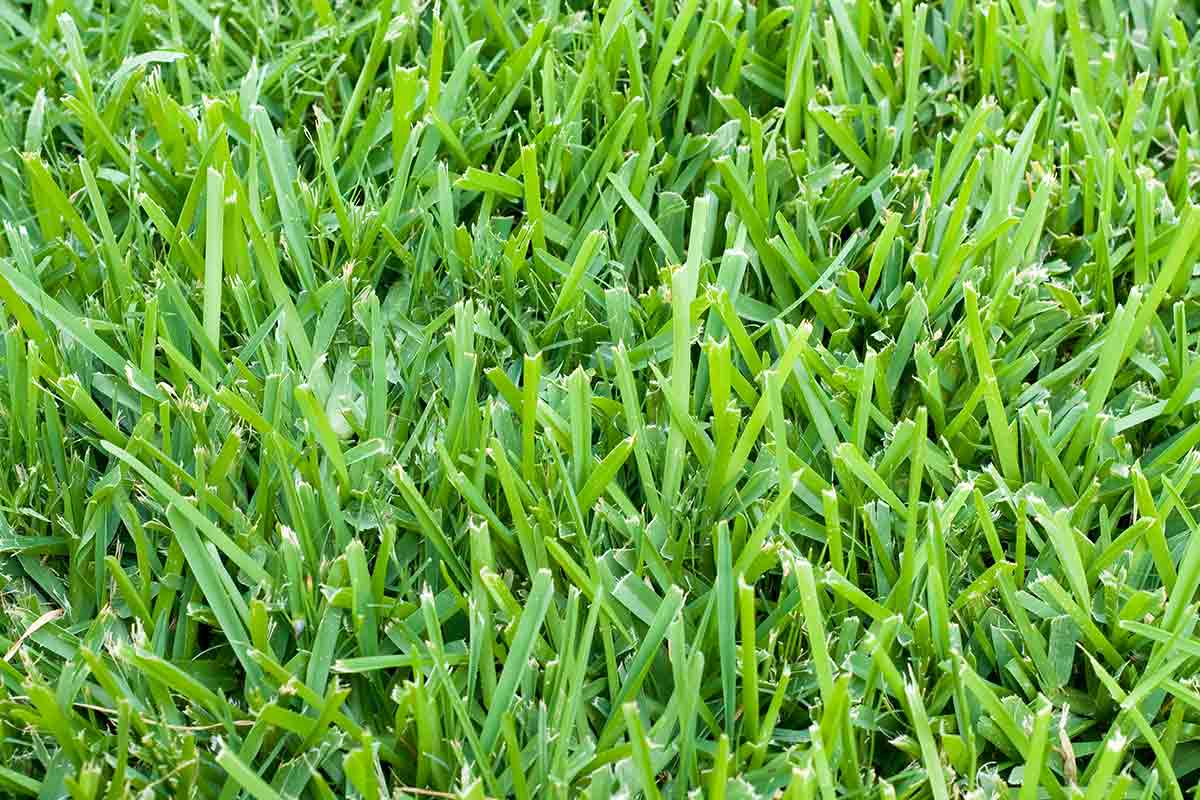

Garden Essentials
What Is A Common Type Of Turf Grass Used For Lawns In Houston
Modified: September 2, 2024
Discover the common type of turf grass used for lawns in Houston. Transform your garden with this popular variety for a lush and vibrant landscape.
(Many of the links in this article redirect to a specific reviewed product. Your purchase of these products through affiliate links helps to generate commission for Storables.com, at no extra cost. Learn more)
Introduction
When it comes to creating a beautiful and lush lawn in Houston, choosing the right type of turf grass is crucial. The climate and soil conditions in Houston present unique challenges for gardeners and homeowners looking to maintain a healthy and vibrant lawn. Fortunately, there are several common types of turf grass that thrive in Houston’s hot and humid climate.
In this article, we will explore the most popular types of turf grass used for lawns in Houston and discuss their characteristics, care requirements, and benefits. Whether you are starting a new lawn or looking to improve an existing one, understanding these grass varieties will help you make an informed decision and achieve the lawn of your dreams.
So, let’s dive in and discover the common types of turf grass used for lawns in Houston.
Key Takeaways:
- Choose Bermuda grass for a Houston lawn if you want a tough, low-maintenance option that can handle heavy foot traffic and resist pests and diseases. It’s perfect for hot and dry summers.
- If you have partially shaded areas, go for St. Augustine grass in Houston. It grows quickly, creates a lush lawn, and adapts to different soil conditions, making it a great choice for a visually appealing lawn.
Read more: What Type Of Grass Is In Houston
Bermuda Grass
Bermuda grass (Cynodon dactylon) is one of the most popular and widely used turf grasses in Houston and other warm climates around the world. It is known for its exceptional heat and drought tolerance, making it a perfect choice for the hot summers in Houston. Bermuda grass has a medium to fine texture, creating a dense and attractive appearance.
This grass variety is known for its rapid growth and quick recovery from damage, which makes it an ideal option for high-traffic areas. It can tolerate heavy foot traffic, making it suitable for lawns that are frequently used for recreational activities or sports.
Bermuda grass requires full sun to thrive and should be regularly mowed to maintain its height between 1.5 to 2 inches. It has a deep root system, allowing it to withstand periods of drought without significant damage. However, it is important to provide adequate irrigation during dry spells to keep the grass healthy and green.
Another advantage of Bermuda grass is its excellent resistance to pests and diseases commonly found in Houston. It can withstand common pests such as armyworms and chinch bugs, reducing the need for chemical treatments.
One consideration when opting for Bermuda grass is its fast growth habit, which requires regular maintenance. It can quickly invade flower beds and other areas, so it is essential to define boundaries or install barriers to keep it contained. In addition, Bermuda grass can be invasive if it is surrounded by other lawn types, so it is best to use it in dedicated Bermuda grass lawns or alongside other warm-season grasses.
In summary, Bermuda grass is a top choice for Houston lawns due to its exceptional heat and drought tolerance, ability to handle heavy foot traffic, and resistance to pests and diseases. With proper care and maintenance, Bermuda grass can provide a beautiful and resilient lawn that can withstand the challenges of Houston’s climate.
St. Augustine Grass
St. Augustine grass (Stenotaphrum secundatum) is another popular choice for lawns in Houston. This warm-season grass is known for its excellent shade tolerance, making it a preferred option for areas with partial or filtered sunlight.
One of the standout features of St. Augustine grass is its ability to create a thick carpet-like lawn with its wide, flat blades. It has a medium texture and a vibrant green color that adds beauty to any landscape. St. Augustine grass is also known for its rapid growth, allowing it to quickly fill in bare spots and suppress weed growth.
This grass variety requires a moderate amount of water and can handle partial shade, making it suitable for areas with trees or buildings that offer some shade throughout the day. However, it is important to note that St. Augustine grass is not as drought-tolerant as Bermuda grass, so irrigation is necessary during dry periods.
St. Augustine grass is best maintained at a mowing height of 2 to 3 inches. Regular mowing helps to promote a dense and healthy lawn while preventing the overgrowth of runners. It is important to note that St. Augustine grass has a shallow root system, so proper irrigation and soil moisture management are essential to prevent dry patches or fungal diseases.
One advantage of St. Augustine grass is its ability to establish quickly, making it an excellent choice for areas with poor soil quality. It can adapt to a range of soil conditions, including heavy clay soils, making it a versatile option for Houston’s diverse soil types.
However, St. Augustine grass is more prone to certain pests and diseases, such as chinch bugs and brown patch fungus. Regular monitoring and appropriate pest and disease management strategies are key to maintaining a healthy St. Augustine lawn.
In summary, St. Augustine grass is a popular choice for Houston lawns due to its shade tolerance, ability to establish quickly, and adaptability to different soil conditions. With proper care and maintenance, St. Augustine grass can provide a lush and attractive lawn that can thrive in partially shaded areas.
St. Augustine grass is a common type of turf grass used for lawns in Houston. It thrives in the warm, humid climate and is known for its lush, green appearance. It requires regular watering and mowing to maintain its health and appearance.
Zoysiagrass
Zoysiagrass (Zoysia spp.) is a warm-season grass variety that is well-suited for lawns in Houston. It is known for its dense and carpet-like appearance, making it a popular choice for homeowners who desire a low-maintenance and visually pleasing lawn.
One of the key attributes of Zoysiagrass is its exceptional heat and drought tolerance. It can withstand the hot and dry conditions of Houston’s summers without sacrificing its lush green color. Zoysiagrass has a fine texture with thin leaf blades, giving it a soft and luxurious feel underfoot.
This grass variety requires moderate amounts of water and can handle full sun to partial shade conditions. Zoysiagrass has a slow growth rate compared to other grass types, which means less frequent mowing and maintenance. It is commonly mowed at a height between 1 to 2 inches to maintain its density and appearance.
Zoysiagrass forms a thick and robust root system, allowing it to tolerate foot traffic and recover quickly from damage. This makes it suitable for families or individuals who frequently use their lawn for recreational activities.
One unique characteristic of Zoysiagrass is its ability to resist many common lawn pests and diseases. It is naturally resistant to pests such as chinch bugs and can fend off diseases like brown patch fungus. However, it is still important to monitor for any signs of pest or disease activity and take appropriate action if necessary.
Zoysiagrass is known for its ability to choke out weeds once it becomes established, making it an excellent choice for preventing weed infestations. However, it can be slow to establish, so proper soil preparation and ensuring good soil drainage are vital for successful growth.
In summary, Zoysiagrass is a great option for Houston lawns, thanks to its heat and drought tolerance, low-maintenance requirements, and ability to resist pests and diseases. With its dense and attractive appearance, Zoysiagrass can provide a beautiful and resilient lawn for years to come.
Centipede Grass
Centipede grass (Eremochloa ophiuroides) is a warm-season grass that is well-suited for lawns in Houston due to its low maintenance requirements and ability to tolerate a wide range of soil conditions.
Centipede grass has a medium texture with light green to yellowish-green color, giving it a unique and attractive appearance. It forms a dense turf that is both visually appealing and resistant to weed invasion. Centipede grass has a slow growth rate and requires less frequent mowing compared to other grass types, making it a popular choice for homeowners looking for a low-maintenance lawn.
This grass variety is known for its excellent heat tolerance, making it suitable for Houston’s hot and humid climate. It can handle full sun to partial shade conditions, although it thrives best in areas with ample sunlight. Centipede grass has a shallow root system, which means it requires adequate and consistent irrigation to keep it healthy and green.
Centipede grass should be mowed at a height between 1.5 to 2.5 inches to maintain its desired appearance and density. Regular and proper mowing helps to promote a healthy lawn and prevent the growth of thatch, which can lead to poor drainage and nutrient deficiencies. It is important not to scalp Centipede grass, as it can cause stress and make it more vulnerable to pests and diseases.
One advantage of Centipede grass is its ability to handle acidic soil conditions, which are common in Houston. It can tolerate soils with pH levels as low as 4.5, making it suitable for a wide range of soil types. However, it is important to conduct a soil test and make appropriate amendments to ensure optimal growth and health.
Centipede grass has good resistance to diseases and pests, but it is still susceptible to some common issues such as nematodes and brown patch fungus. Regular monitoring and proper cultural practices, such as proper watering and fertilization, can help prevent and manage these problems.
In summary, Centipede grass is a low-maintenance option for Houston lawns, thanks to its ability to tolerate a variety of soil conditions and its resistance to pests and diseases. With its attractive appearance and heat tolerance, Centipede grass can provide a beautiful and hassle-free lawn for homeowners in Houston.
Read more: What Is The Cost Of Lawn Turf
Conclusion
Choosing the right type of turf grass for your Houston lawn is essential for creating a beautiful and healthy outdoor space. Each of the common grass varieties discussed in this article – Bermuda grass, St. Augustine grass, Zoysiagrass, and Centipede grass – has its own unique characteristics and benefits.
Bermuda grass is known for its exceptional heat and drought tolerance, making it perfect for Houston’s hot and dry summers. Its ability to handle heavy foot traffic makes it ideal for lawns that are frequently used for recreational purposes.
St. Augustine grass thrives in partially shaded areas and can quickly create a thick and lush carpet-like lawn. It is a great choice for Houston homeowners who desire a visually appealing lawn in areas with filtered sunlight.
Zoysiagrass offers excellent heat and drought tolerance, low-maintenance requirements, and resistance to pests and diseases. Its dense and luxurious appearance makes it a popular choice for creating a beautiful and resilient lawn.
Centipede grass is known for its low maintenance requirements and ability to tolerate a wide range of soil conditions. Its light green color and dense turf make it an attractive option for Houston homeowners looking for a hassle-free lawn.
Whether you are considering a new lawn or looking to improve an existing one, it is important to consider factors such as sunlight exposure, soil conditions, maintenance requirements, and desired aesthetics when choosing a turf grass. Consulting with a local expert or lawn care professional can provide valuable insights and guidance tailored to your specific needs.
Remember that proper care and maintenance, including regular watering, mowing, fertilization, and pest control, are essential for the health and longevity of any turf grass. By selecting the appropriate grass type and following the recommended care practices, you can create a vibrant and thriving lawn that enhances the beauty of your Houston home.
So, go ahead and transform your outdoor space with the right turf grass choice and enjoy a lush, green lawn for years to come.
Frequently Asked Questions about What Is A Common Type Of Turf Grass Used For Lawns In Houston
Was this page helpful?
At Storables.com, we guarantee accurate and reliable information. Our content, validated by Expert Board Contributors, is crafted following stringent Editorial Policies. We're committed to providing you with well-researched, expert-backed insights for all your informational needs.
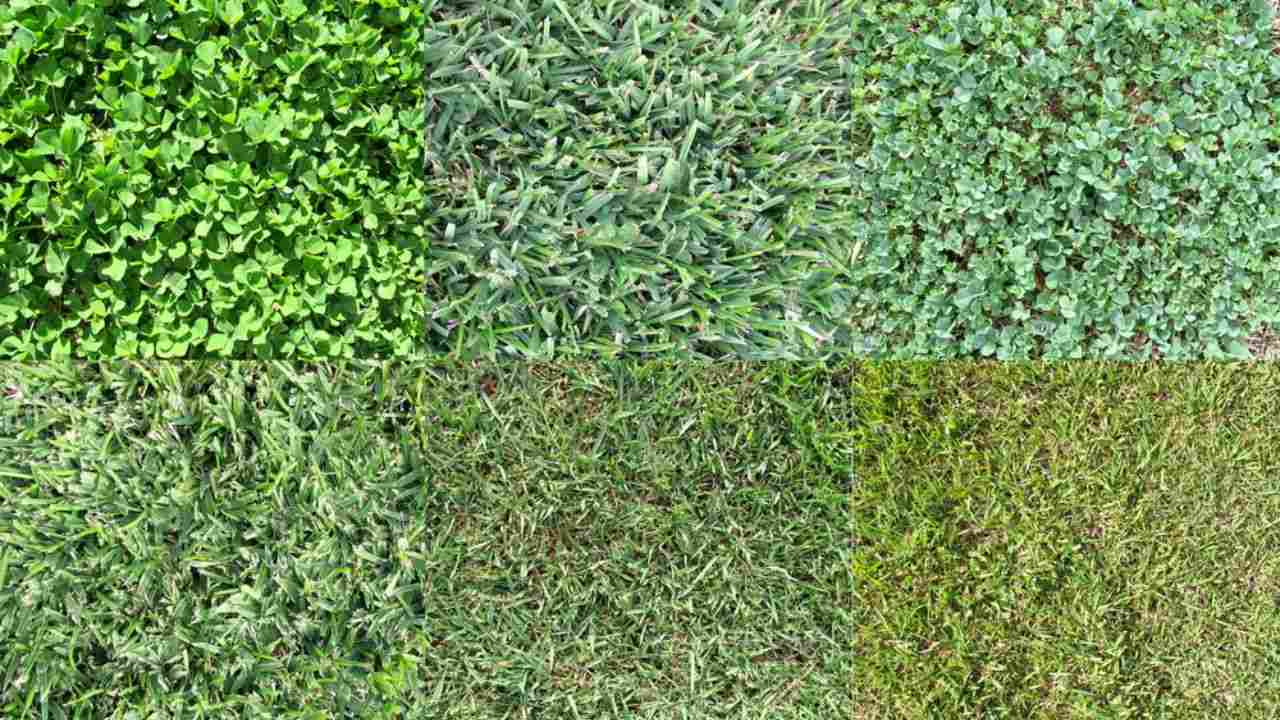
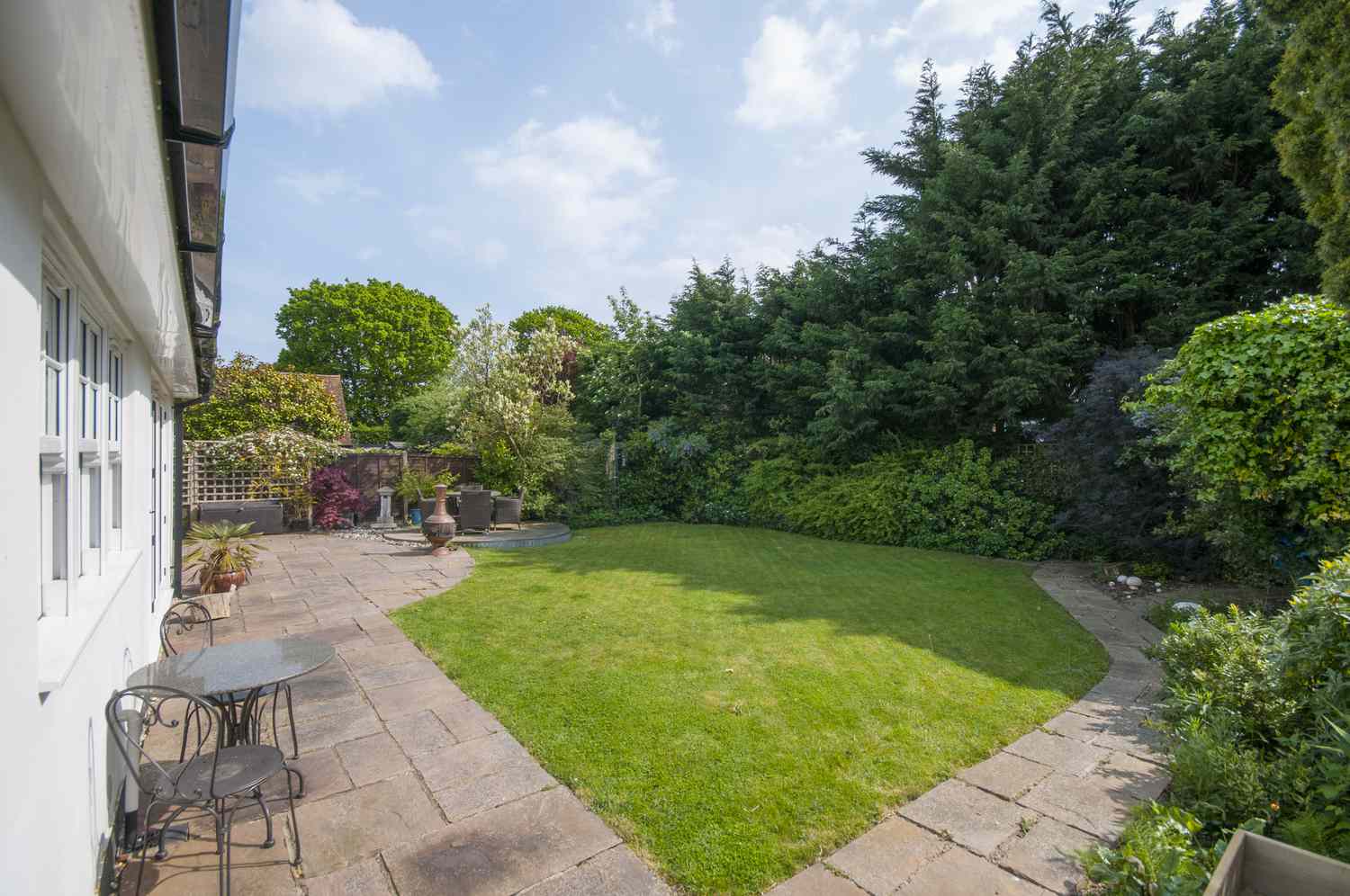
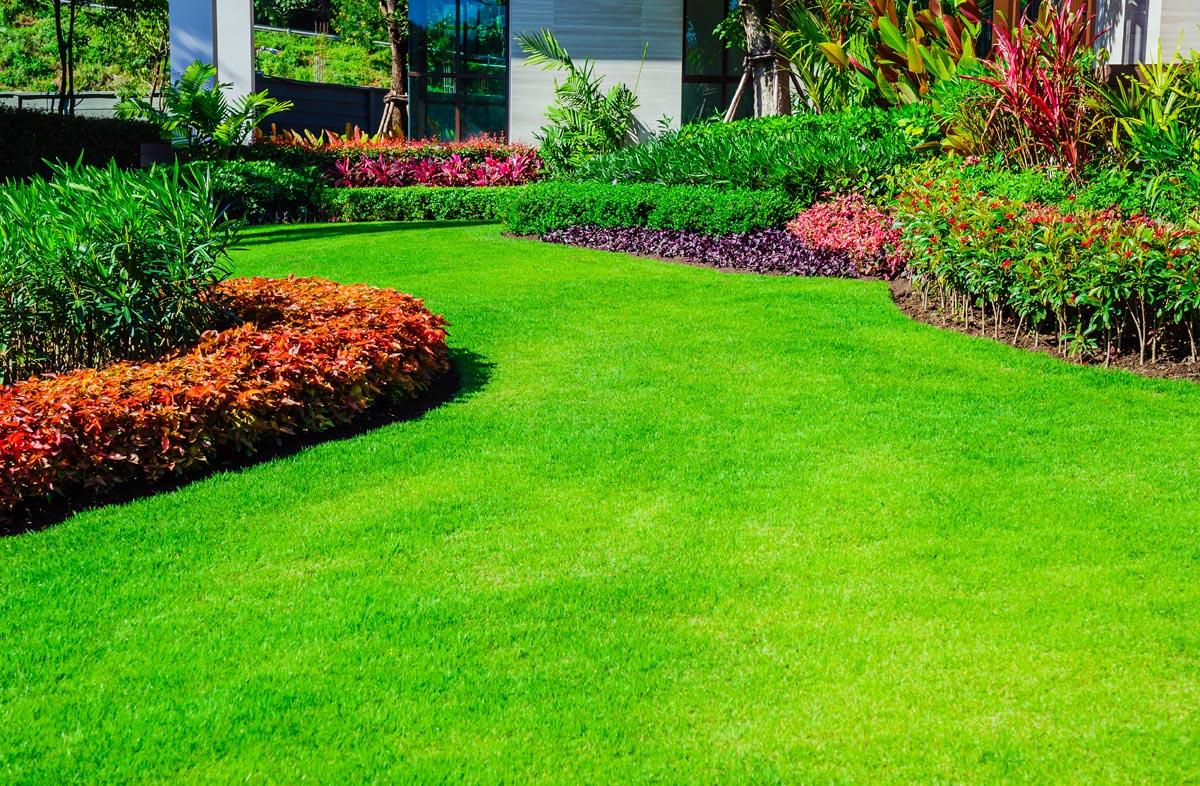
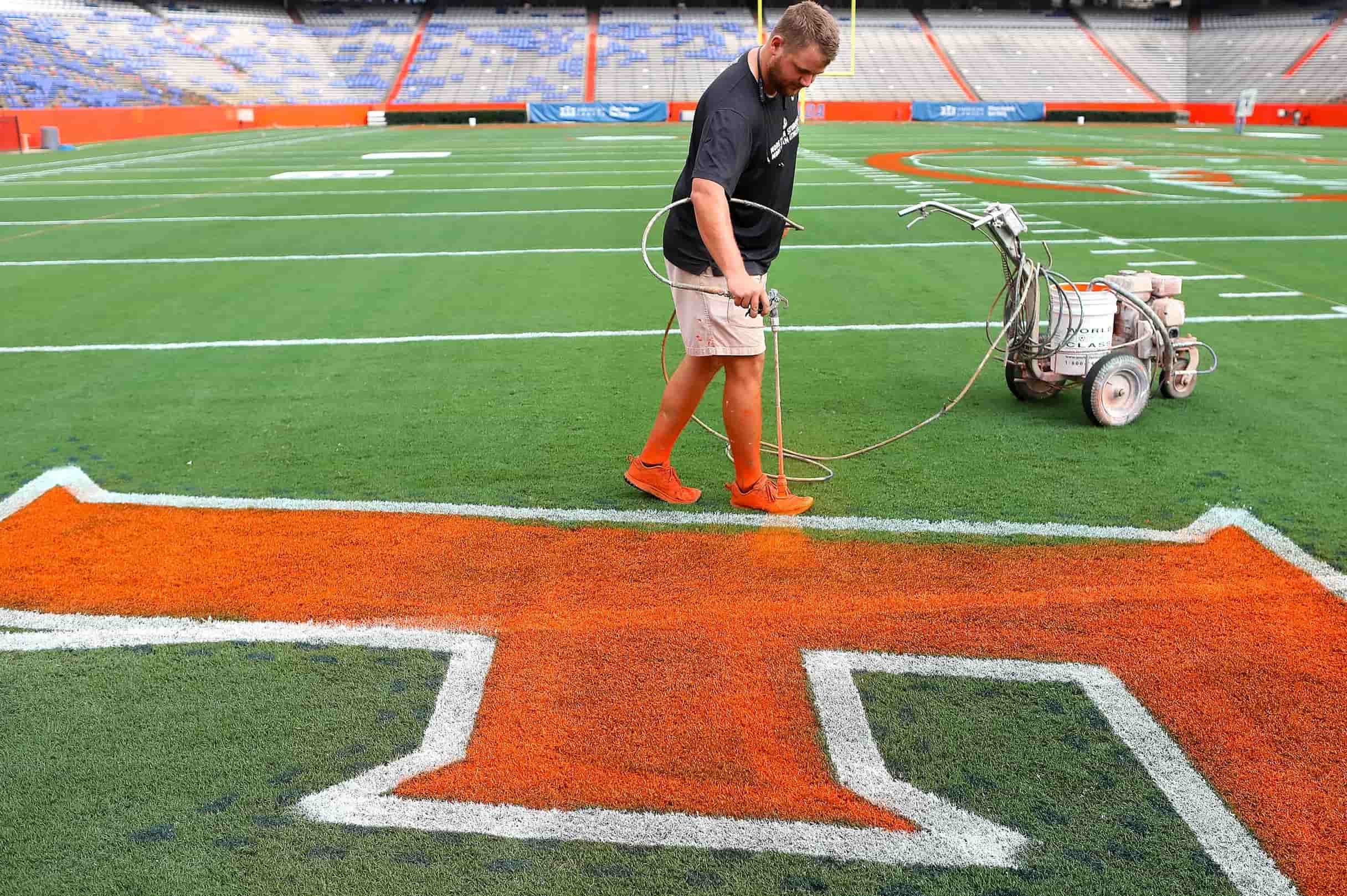
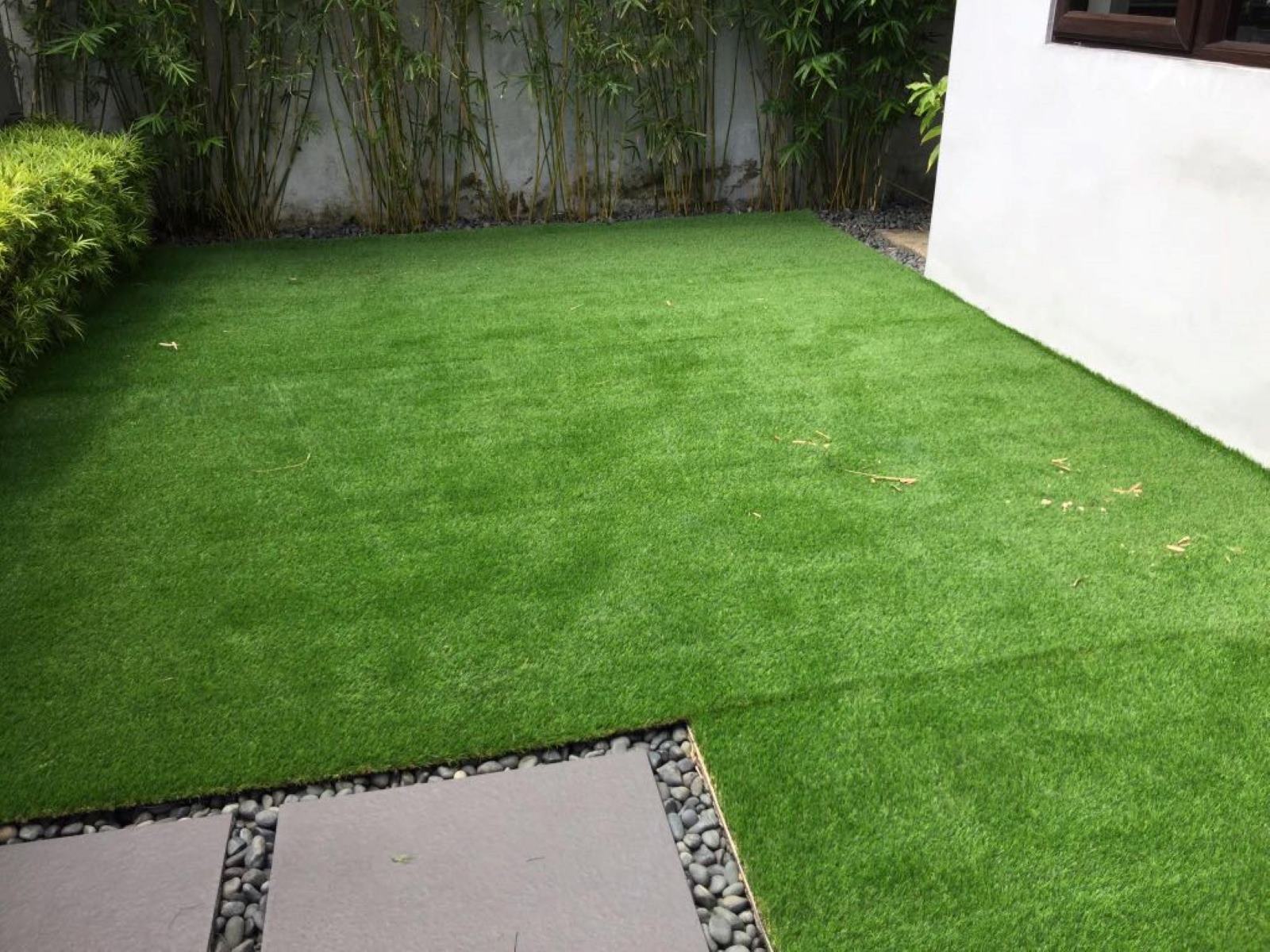
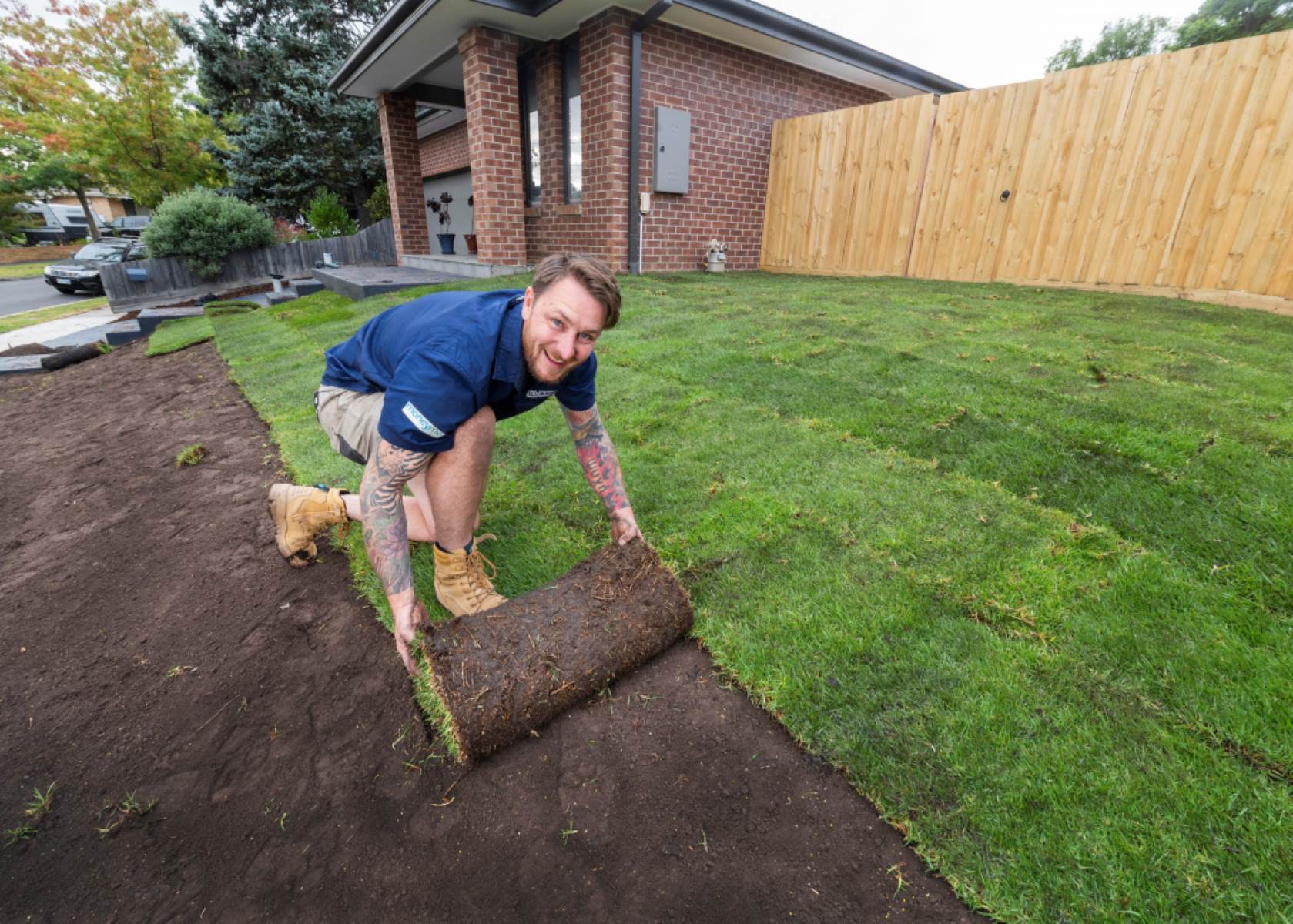
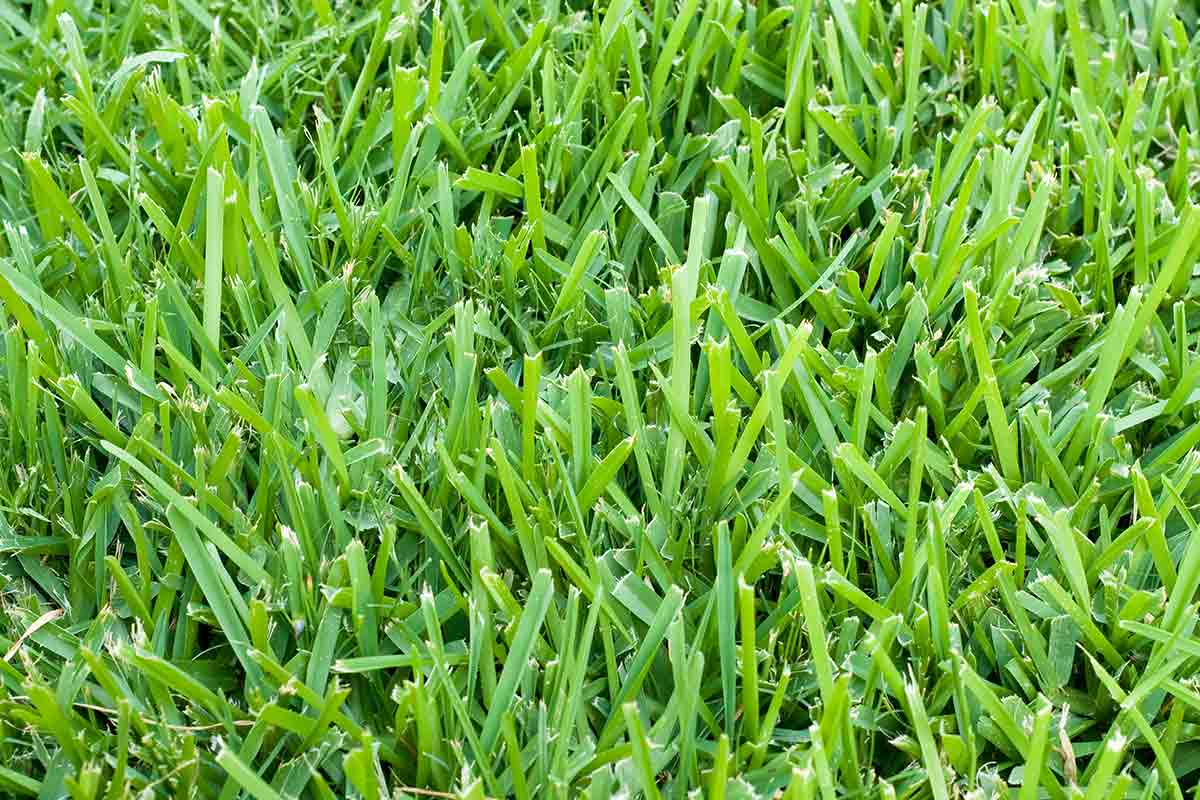
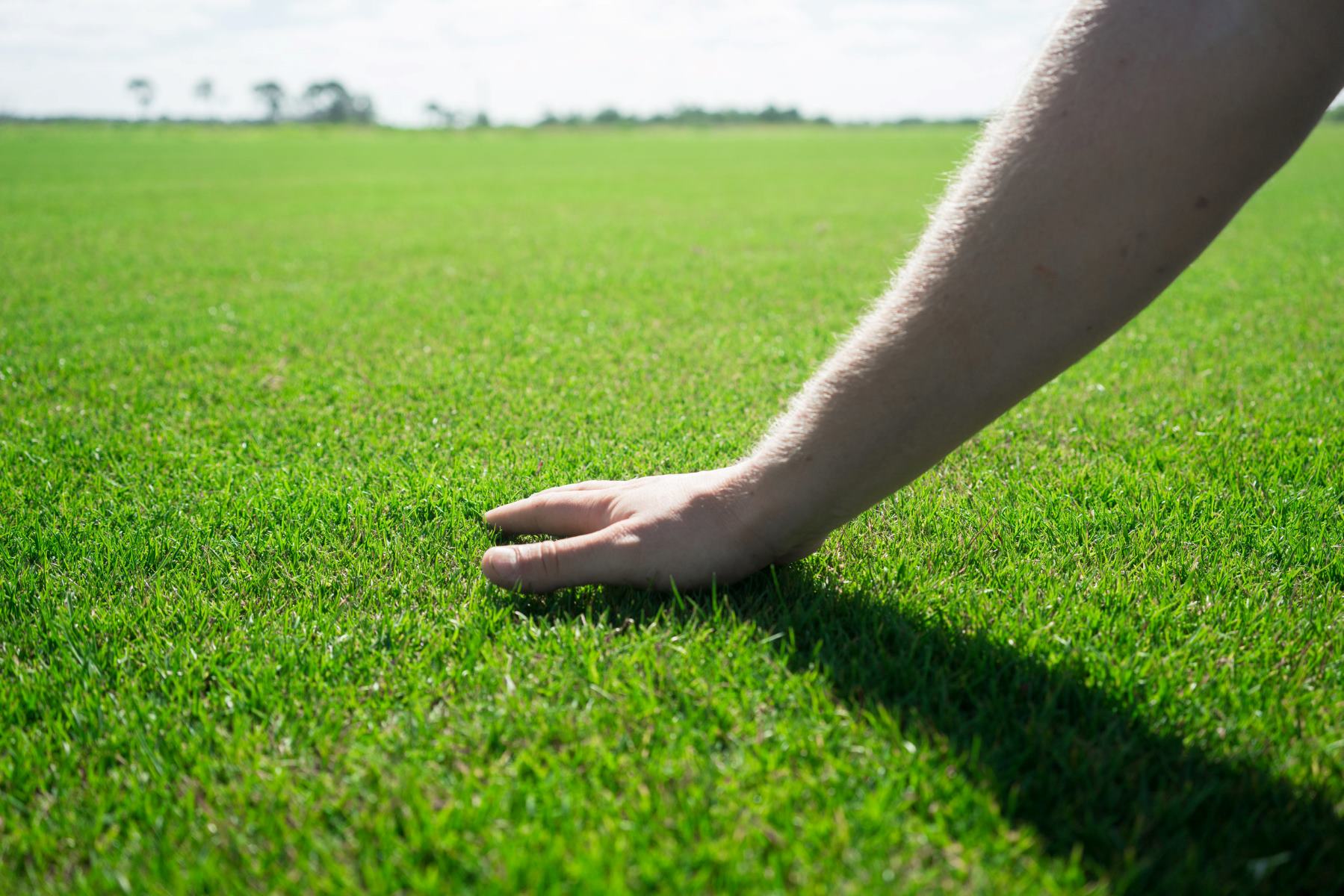
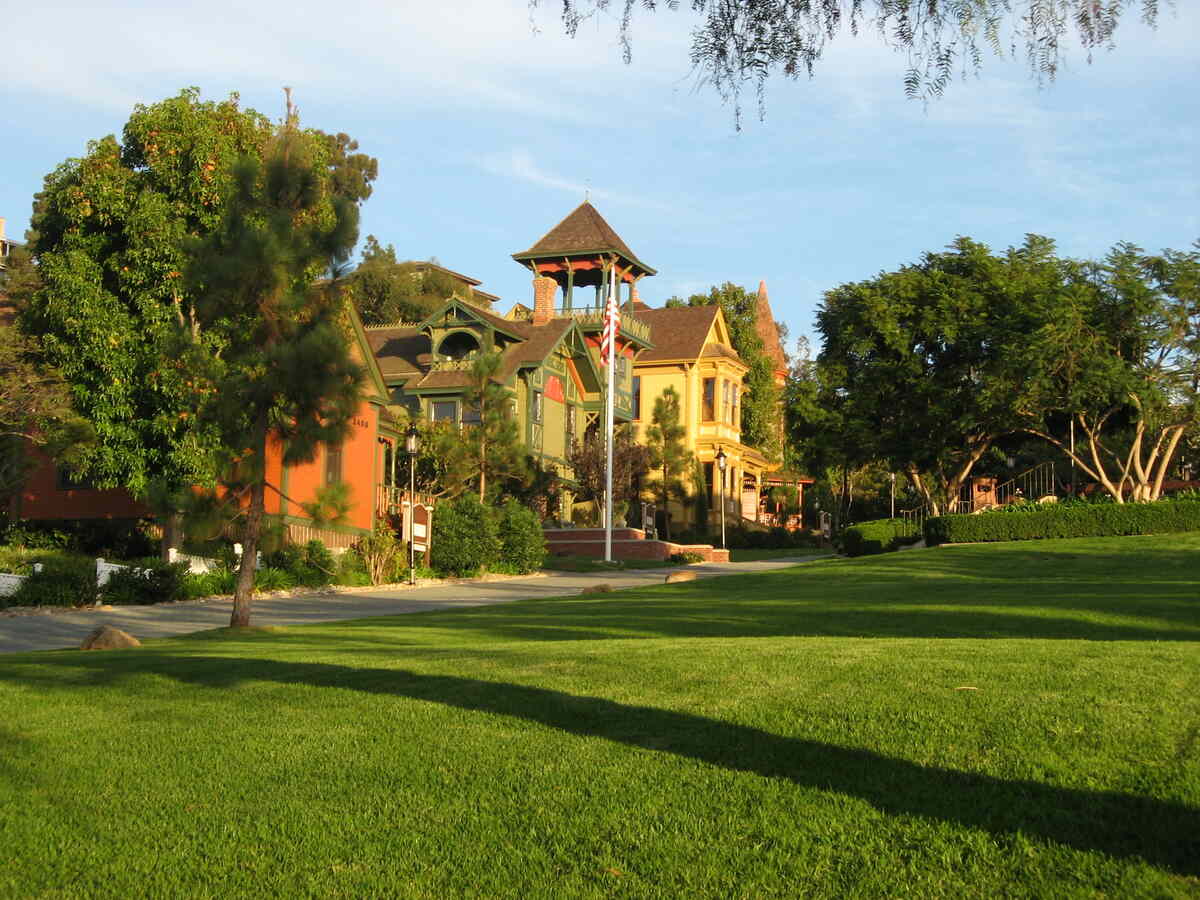
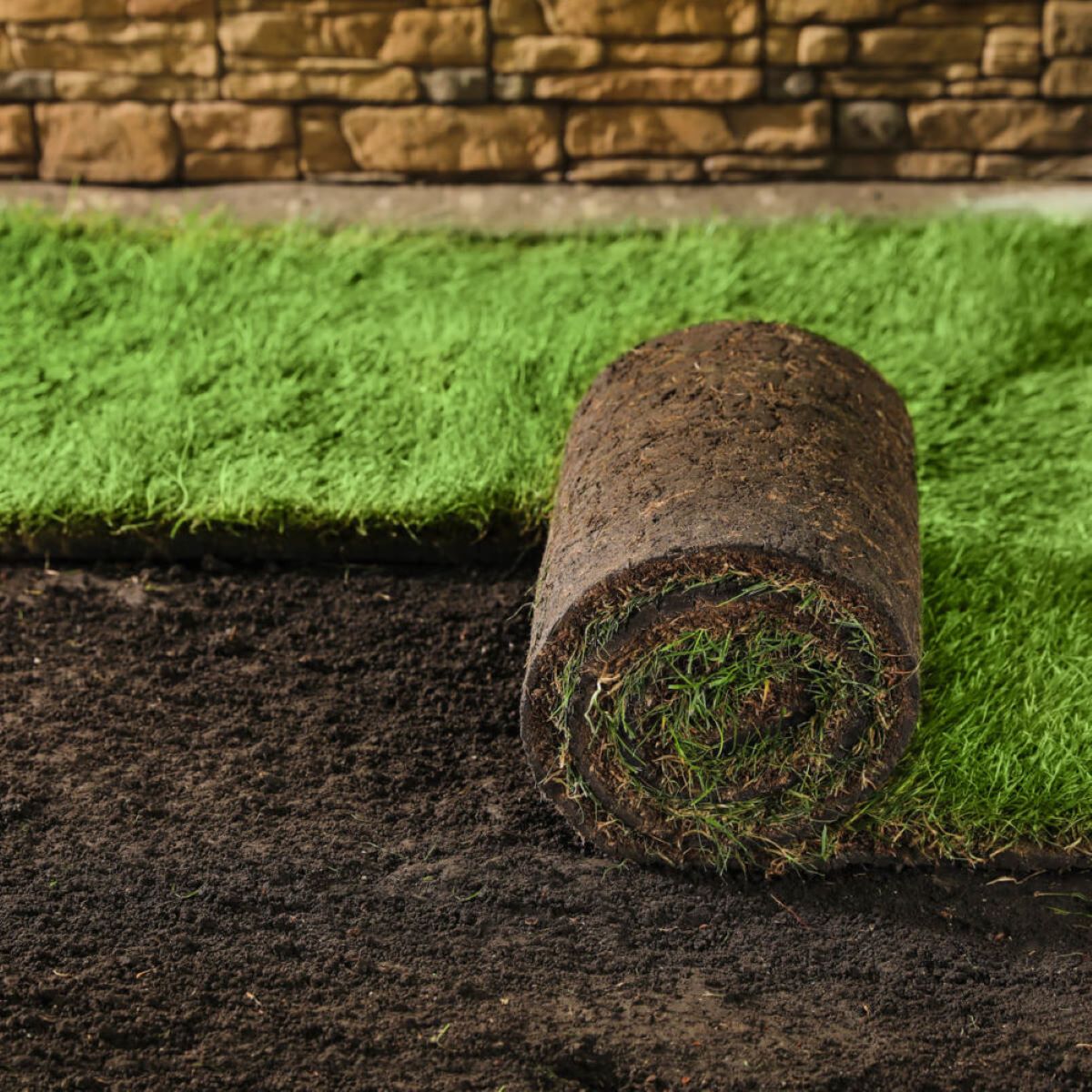
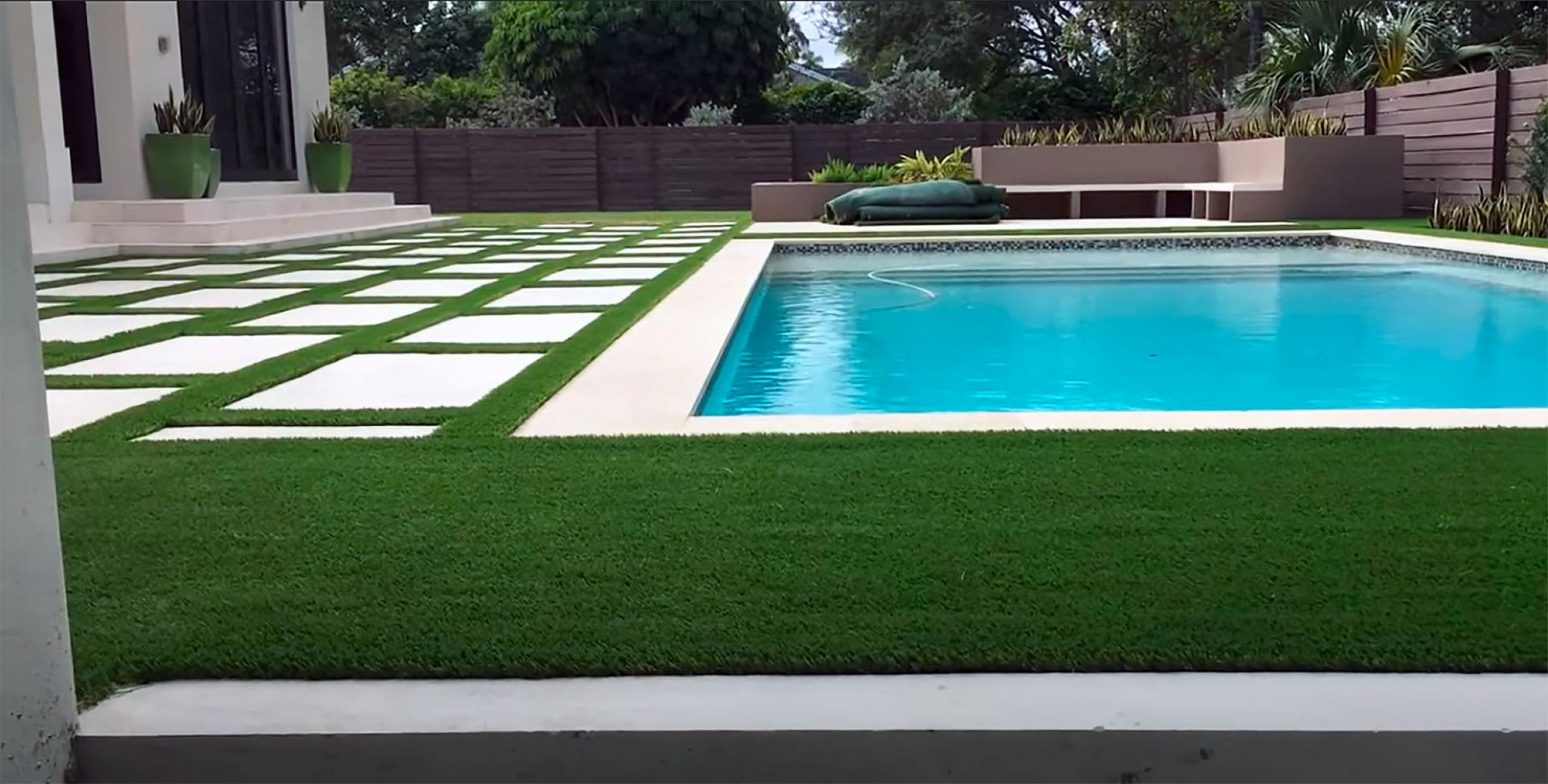
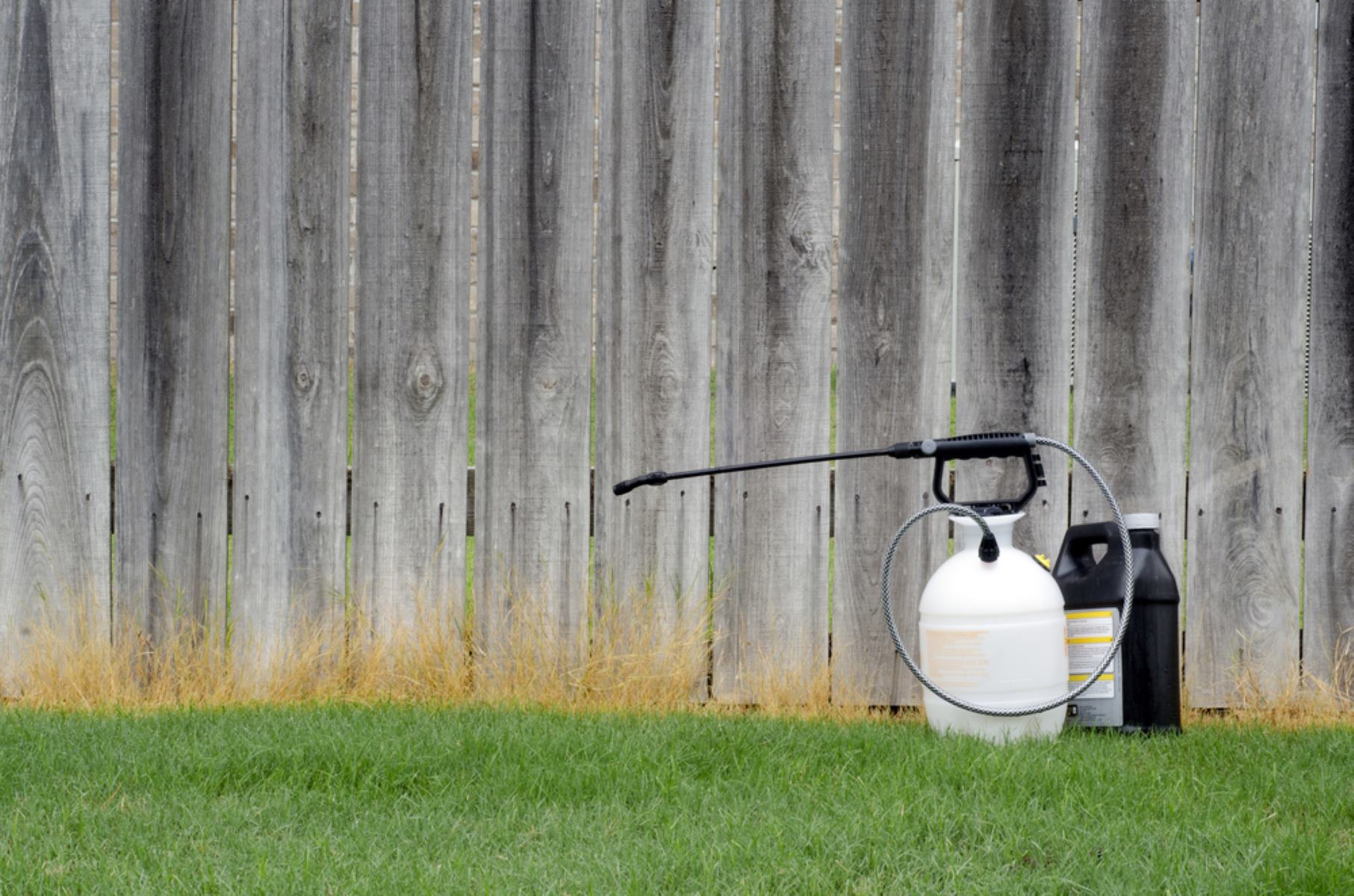

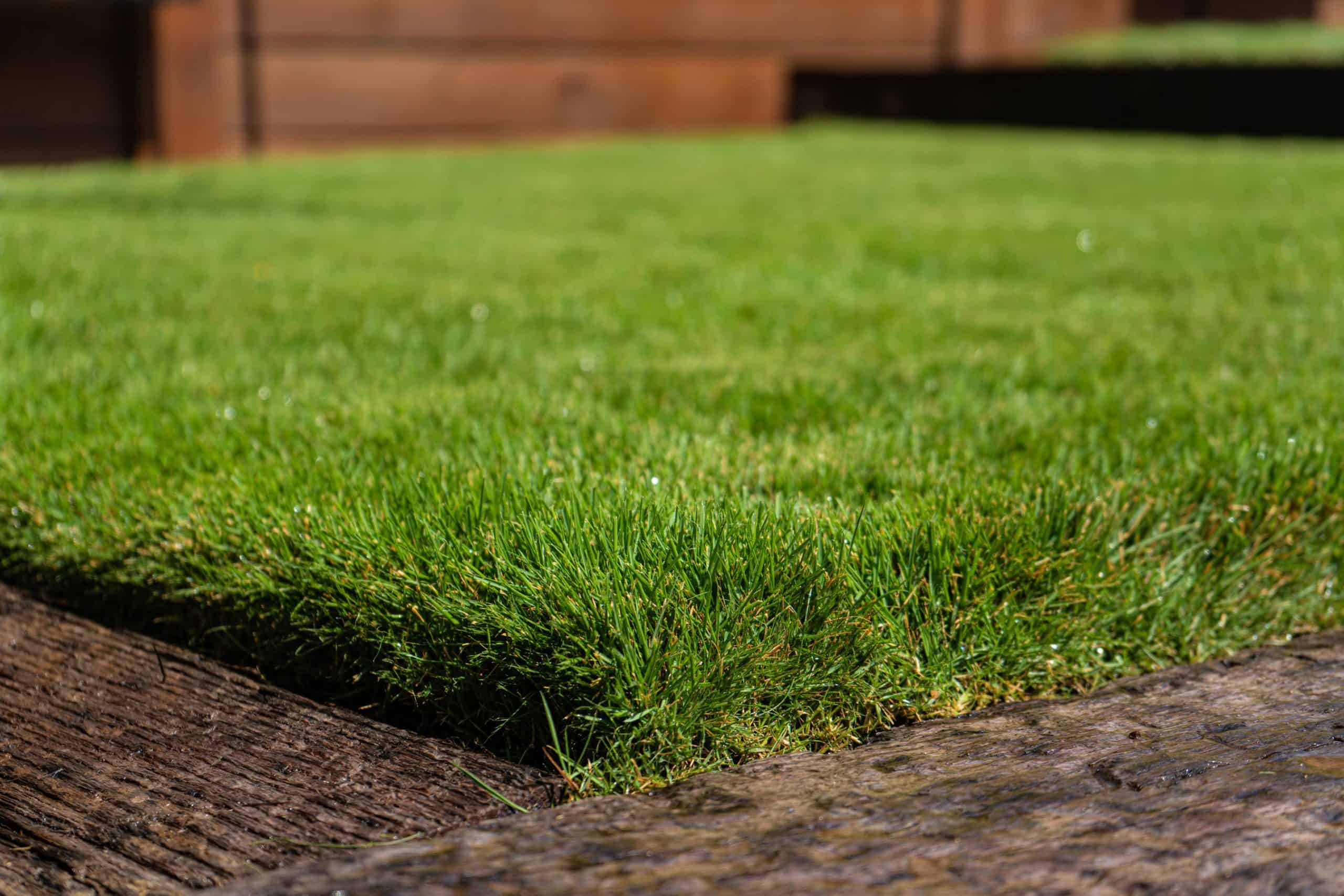

0 thoughts on “What Is A Common Type Of Turf Grass Used For Lawns In Houston”